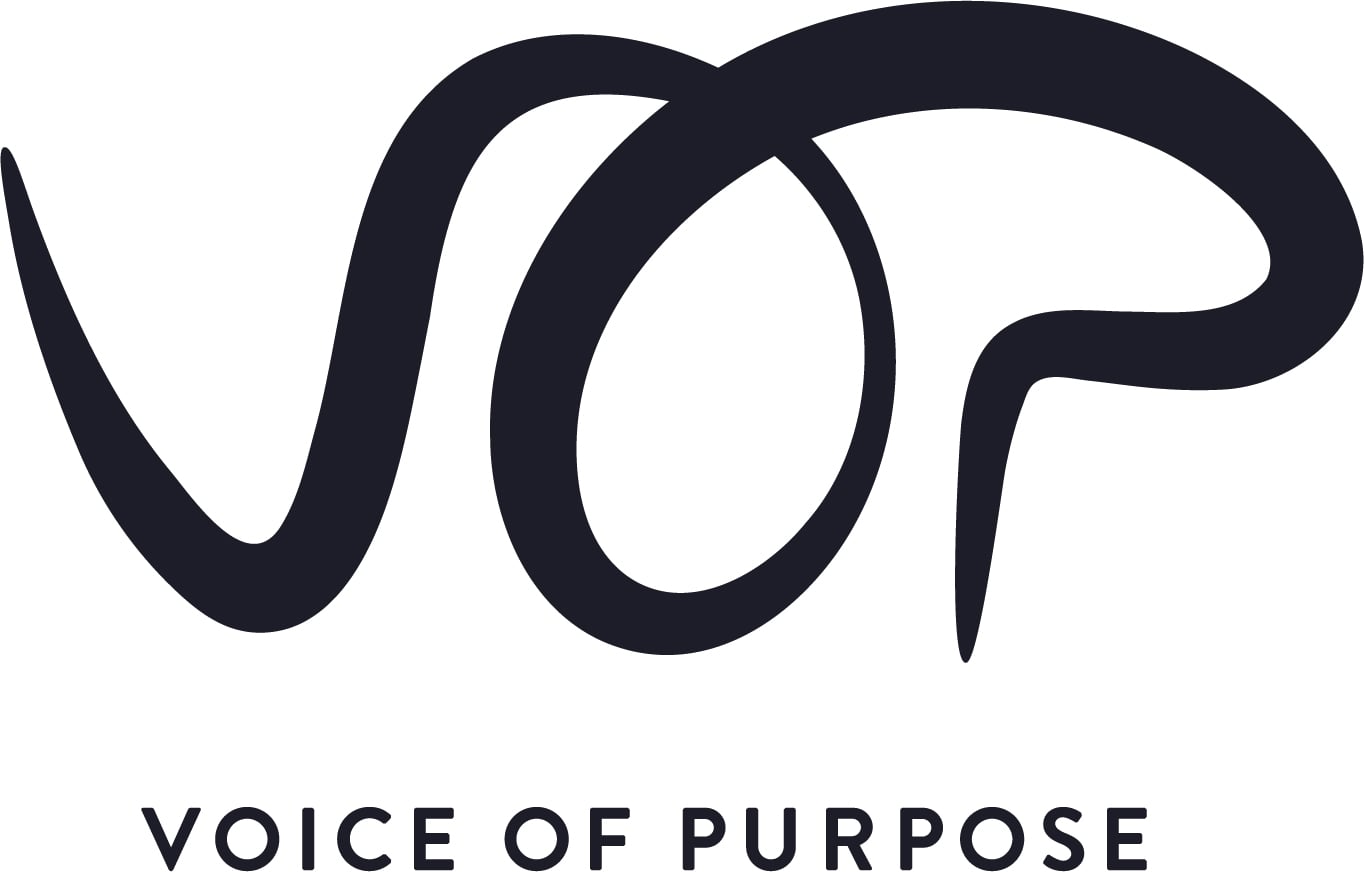
At the intersection of disability justice and creativity, lies Maurina’s passion as an arts educator, who finds beauty and connection in healing and coping with trauma through art. When asked about her artistic practices, Maurina says: “I personally go with the ebb and flow of experiences I have. Of course I call myself a mixed-media artist on paper, but the reality is that I do what I can to mitigate and maintain mental health, and art has really given me the chance to do that”.
Voice of Purpose has had the honor of getting to know Maurina, as part of our Catalyst Incubator co-researching cohort. While in session, Maurina begins to open up about her own experience, finding her place in the arts world while healing with a brain injury. “It was 2018 that I decided to show some of the artwork I’d been doing and I didn’t realize that by sharing it I’m also opening up doors for other people in terms for healing, because I use it as a way to explain what’s going on with me and how I experience the world now”. One of the most inspiring things about Maurina’s practice, is her approach to accessibility and capacity compassion, when it comes to programming. When asked about her intentions as an artist-educator, Maurina says simply: “I want to make a change or difference in healthcare by using art as therapy or a medium for healing”
While discussing the programs that are currently available for the disabled community, Maurina makes a significant, yet hardly spoken about observation, which is that the outreach/recruitment of certain programs, can have a lot more consideration for access options. For example, she points out that most intake forms are inaccessible for people with disabilities, which automatically excludes them.
In her own practice as an arts educator, Maurina is passionate about working with people who have experienced brain trauma, people who are elderly, and people who have navigated life with cancer. She states: “I’m able to make change just by opening up conversation[s] in the community”.
Maurina has recently spent 6 months being apart of the Catalyst Incubator, a program that is apart of Voice of Purpose’s Engaging Artists in Digital Learning Environments (EADLE) Research, and exists to help the cohort of artist educators in the development of their program, by offering mentorship on program design. The intention behind EADLE is to connect to learners, funders and educators in the arts-education sector, as they self-ignite their passions and connect to their purpose in a field that is increasingly digitized and at times disconnected from the true needs of the community, and is a partnership initiative led by Voice of Purpose, Art Starts and several transformative arts organizations across Canada and the US, funded by Canada Council for the Arts. All Incubator participants become co-researchers in the EADLE project, and their new programs will go on to exist as a case study as part of the larger research project!

Starting on March 2 2023, Maurina’s creative community offering will be an 8 week mixed-media visual arts program called the Art of Adapting supported by Kickstart – Disability Arts and Culture and Arts BC. This program is open to 4 participants who are 40 years of age and older, and is in 5+ years of recovery from Acquired Brain Injury (ABI).
Maurina designed the Art of Adapting program in an “open studio” style, to consider and support varying abilities. “The whole idea of it is similar to a moving meditation”, she explains. When asked about her vision for the program, Maurina takes a careful pause before sharing that she’s thought a lot about the type of space she wants to avoid creating: “Not limiting [the program] to what I would like them to do. I’m designing it with space for the participants [to] dive deeper within, so they can ultimately design their own healing path”. She goes on to explain that “If I just impose my own ideas, I’m not actually acknowledging what they can bring to the table. So I’d like it to be a sharing thing.”
When it comes to her purpose within her field, Maurina’s dreams are both huge and yet simple in their undeniable benefit. Making a difference in the healthcare system is no small feat, especially with an extensive history of ableism and a chronic lack of community care and empathy within healthcare and disability support spaces.
We believe programs like Maurina’s equate to one of many first steps in catalyzing these deeply necessary shifts.
Interested in the program? Click here for more information and click here for the registration form.
